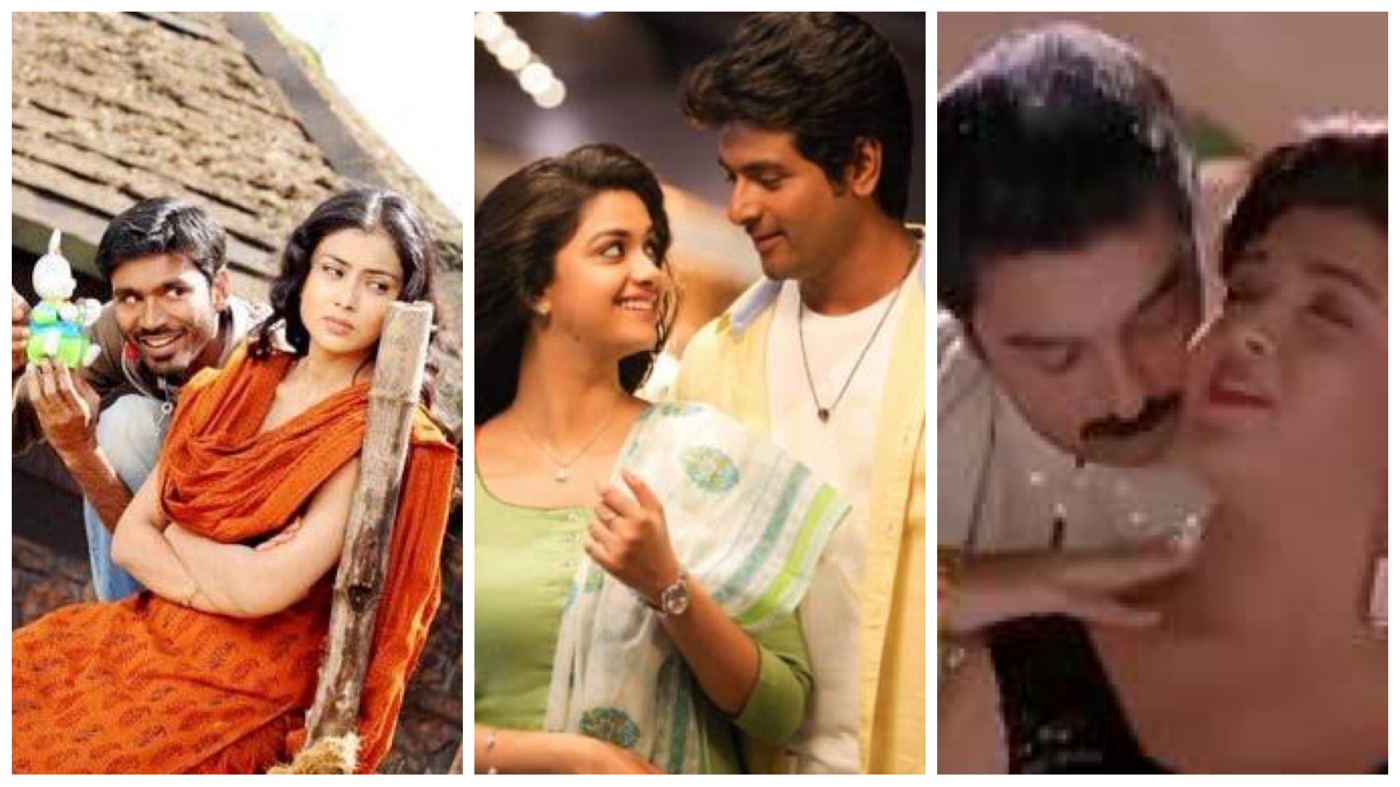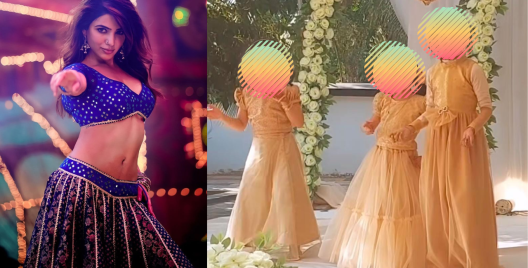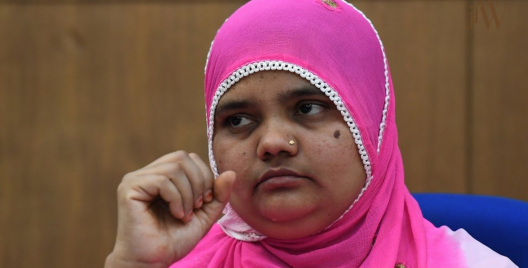During the lockdown, stories have majorly improvised. From Paava Kadhaigal to C U Soon some storylines have simply won hearts and have been exceptional genres. However, things were not the same recent years ago when lead actors and actresses would choose roles that were not just meaningless.
Remember when Keerthy Suresh gave a blockbuster hit like Mahanati and went on to do films like Sandakozhi 2 and Sarkar? Movies like Remo did not just give meaningless roles but also encouraged societal malpractices women have been fighting for so long to get rid of. No, we aren’t saying movies are the reason for the increasing number of crimes against women in India. However, is there a need to pamper stalking, molesting and rape on the big screen? Scriptwriters may argue that they are showcasing what’s happening in the society. But showing a popular actor stalking and abusing the leading lady only makes it look a lot normal to some pervert and sick minds. Why not avoid it completely? But, this trend did not begin only recently.
There was a trend during the 80s and 90s not only in South cinema, and in Bollywood, where the villain rapes the protagonist’s sister in a bid to take revenge. Really? How does that make you look as a filmmaker? Every word or dialogue written comes from one’s imagination. How well are our thoughts when our writing involves a revenge rape?
There are stories which have been super successful at the box office and did not involve rape, molestation or stalking. The typical Ranjeet, Mohan Babu, Radha Ravi, Anand Raj or Shakti Kapoor characters have for too long pampered this ridiculous trend and we are glad it is coming to a standstill.
“If she says no, she means yes” kind of a trend on the silver screen only make this totally acceptable for the ‘fans’ and questionably impressive audience of these popular stars. We don’t generalize that all the members of the audiences are in love with this trend, but if it was a part of almost every other blockbuster back then, then that says a lot about what seems to be acceptable.
Some ‘brilliant’ minds had also written about how a rape victim is banished from the society unless she marries her rapist. Or, how she should no longer live and jump of a high-rise building for bringing dishonor to her family. We can do better than that, can’t we? Here are some of the crimes against women the film industry doesn’t seem to stop showing:
1. Stalking
We cannot count on the number of crimes where women have been stalked in the name of “love, murdered or attacked when they reject a person they have no interest in. Can you relate? Of course, we can. ‘Idharku Dhaney Aasai Pattai Balakumara’, ‘REMO’, ‘Arya’, ‘Singara Velan’ to name a few have glorified stalking so much that it is dangerously scary. We are not saying that these movies are the sole reason stalking has increased drastically over the years, but are definitely a major one.
‘Kumudha is truly not happy Annachi and the director should have well-realised that stalking is not funny. Extracting humour out of us is just unacceptable and how unfortunate is this that a hero had to name himself ‘ReMo’ and had to dress up as a woman just to take stalking to another level and when the heroine confronts, he calls it love and is also upset over the fact that she doesn’t realise his l0ve for her. Uhmm, she doesn’t know you?
Knowing that a woman was in a relationship already Arya will literally be everywhere around her, make her fall in love and now he will then be made the protagonist by the scriptwriter and the director while the heroine’s lover would now turn into the coward who left her. This movie was remade in Tamil as ‘Kutti’ too. (WOW!Top priority).
2. Rape
‘Naan Sigappu Manithan’ was a huge clap for the arrival of ‘Robinhood’ on the silver screen. The blockbuster film was all that the audiences needed for an entertaining film. However,the director thought why not give the villain a chance to rape, go scoot free and then rape again, so the victim commits suicide. Then arrives the good old Robinhood brother who takes a revenge and teaches the villain a lesson. There couldn’t be another verdict given to the rape victim’s character in the film but suicide! Unhealthy and a dangerous trend!
Taking the favourite sequence of most of the filmmakers forward to the 90s, this director made sure the victim married the rapist. The movie Nattamai was a huge blockbuster. However, everyone clapped their hand at the brilliant justice of the Panchayat head who decides to get the victim married to her rapist. She’s obviously grateful to him for saving her “honour” and for the rest of her life, she’s physically abused by her rapist husband. Talk about making the cut!
Similarly, Nimajjanam was a brilliant story, until it decided to make it all about how a rape victim must have sinned and should commit suicide! The movie won the National award for the Best Feature Film in Telugu and Sharada won it for Best Actress. The filmmaker could not think of a better climax than to immerse the sinned rape victim in the holy Ganga to wash off her sins of being raped? Even writing about it makes us cringe. Why should a rape victim feel she’s the one who’s wrong and needs to be punished. We believe an important film as this one should have been written more responsibly.
3. Molestation
The1983 blockbuster ‘Moogavani Paga’ garnered thousands of fans. Way back in 1958, ‘Chalti Ka Naam Gadi’ popularized the trend of romance in the rain. ‘Ek Ladki Bheegi Bhaagi si’ topped the charts, hence, paving way for many other romantic songs shot in the rain. May be, just may be the director of ‘Moogavani Paga’ wanted to take a leaf out of this trend when he brought in and replaced romance in the rain to rape in the rain. The antogonist is a drunk, rich brat who wants a ‘girl’ for the night! He lures over a ‘deaf and dumb’ victim who’s shown getting wet in the rain. Soon his inner so-called animal awakens and there he goes and starts molesting her. To show the protagonist as the good Samaritan, he quickly comes into the scene and saves the victim. How tight is our imagination when he needs to introduce a good Samaritan by using the rape factor?
4. Harassment
Do you remember the story of famous ‘Boyz’? One of the young boys wanted to prove this woman in the film that his “love for her was true”. Hence, he decides to run around naked just to impress her. Like seriously? Public nudity is the way to go? In a film like Sethu, where the heroine seems to be minding her own business, the so-called “protagonist” has to harass her, forcefully make her fall in love and oddly after she sees the “real him”, she falls in love with the protagonist. Why is there so much of misconception around love?
Women are objectifyed in item numbers and even normal lead actresses are objectified in the name of introduction. These actresses are also demeaned and degraded in the name of songs like “Kolaveri Di” and “Indha Ponungaley Ippadi dhan”. There is no point in supporting or fighting against people like Radha Ravi shaming and threatening women. Films like ‘Irudhi Surttru’, ‘Soorarai Pottru’, ‘Sillu Karupatti’, ‘Mission Mangal’, ‘Padman’, ‘Nerkonda Paarvai’, ‘Kanaa’, ‘Nadigayar Thilagam’, ‘Magalir Mattum (1994)’ and ‘Paava Kadhaigal’ classic examples of good films with impeccable messages. It’s time the film industry brings about stories where women aren’t literal arm candies in the entire film but actually have an impact on the story!
Today with pandemic, story narratives are changing drastically. Writers are handling scripts sensitively and we are loving how Cinema is revolutionising with new directors following the footsteps of the Malayalam film industry. We see more change and we want more change!















